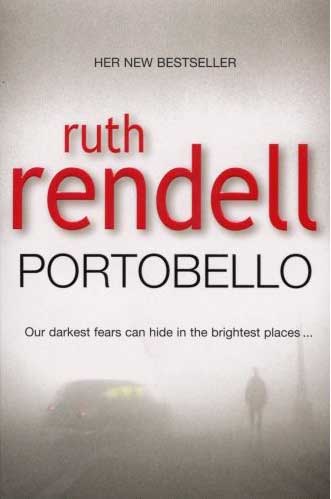TV adaptations of Ruth Rendell's works have always given me a lot of pleasure, so I assumed her novels would do the same.
Portobello is the first of her books I have read, but I shall be reluctant to try another.
It was not her characterisation that irritated me: all life is here from the petty criminal to the GP, to the art dealer, to the murderous thug. With a couple of genuine madmen thrown in for good measure, the cast was fine. All well described and fully-rounded, as were the descriptions of the Portobello area of London that gave the book its title.
What really annoyed me was the complete lack of research into a major plot point, which is unforgivable. For some inexplicable reason Ms Rendell decided to make one of her key characters addicted to sugar-free sweets. Well, not inexplicable from the plot's point of view. The man wanted to lose some weight and thought, as many people do, that sugar-free is the same as calorie free. It isn't, but that's not the main problem.
The guy, at the height of his craving, is consuming about two packs a day of the chocolate-orange flavoured lozenges. Now, if Ms Rendell had gone to a chemist's shop and bought two or three packets, as the character did, she would have made a discovery.
Sugar-free sweets come with a health warning, printed on the side of the pack and pointed out to you by the pharmacist whenever you buy them. She would have realised that the addiction would have removed the character from the rest of the novel, owing to the fact that he'd have been trapped in the bathroom by the sweets' side effect.
It's described on packs as 'may have a laxative effect'. Two packs a day will incapacitate you severely. Any diabetic woud tell you that. We've all thought we were immune, but it's inescapable. His doctor girlfriend would certainly have uncovered his secret a lot sooner because she would have been rushing him off to hospital with griping stomach pains and liquid diahorrea. He would not have been staring idly out of the window at the right time of day to see something that later becomes a key plot point, he'd have been too ill.
Coupled with Rendell's tendency to switch from thread to thread in the narrative within a handful of paragraphs (I suspect she writes for television automatically) this basic inaccuracy meant that
Portobello was a deep disappointment.
Ruth Rendell. Portobello. Hutchinson. 2008


